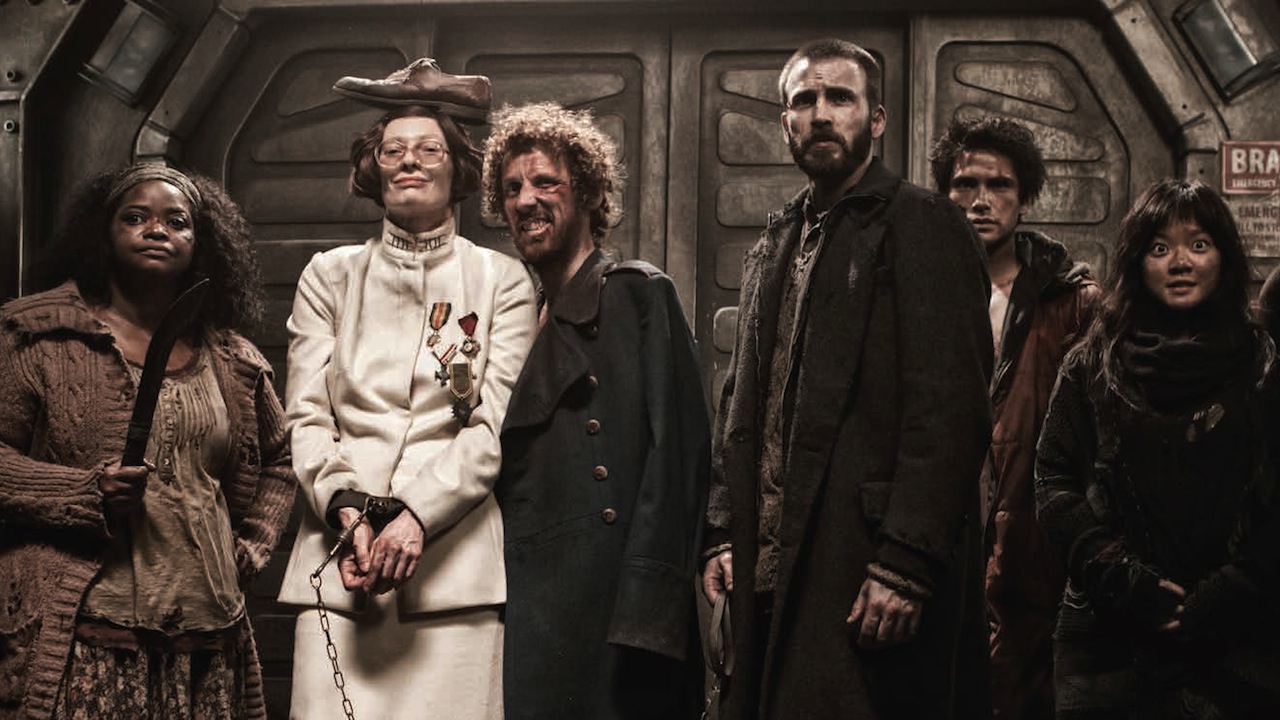What happens when the last survivors of a climate-ravaged Earth are confined to a single, endlessly circling train? In Snowpiercer, the post-apocalyptic premise becomes a stage for a chilling social allegory – one that feels eerily prescient in a world increasingly divided by class, privilege and access to resources.
Based on the 2013 film by Bong Joon-ho and the French graphic novel Le Transperceneige, the TV adaptation takes the bones of its predecessors and fleshes them out over four seasons.
Set seven years after the world has become a frozen wasteland, Snowpiercer offers a chillingly claustrophobic vision of the future. On the show, spanning 1,001 cars, Snowpiercer is rigidly stratified: the wealthy elite luxuriate in greenhouses, dining cars and art salons, while the working classes maintain the train’s fragile equilibrium. At the very back, in the so-called ‘Tail,’ people live in squalor, starved, brutalised and forgotten.
These stark divides become fertile ground for revolution, and the show leans heavily into themes of inequality, surveillance and resistance.
Daveed Diggs stars as Andre Layton, a former detective and revolutionary pulled from the train’s grim tail to investigate a murder further up the line. Jennifer Connelly plays Melanie Cavill, the elegant but enigmatic head of hospitality who holds more secrets than she lets on. Their uneasy partnership – and eventual opposition – drives much of the series’ early tension.
As Layton negotiates, strategises and ultimately tries to wrest control from the mysterious Mr Wilford – long believed to be in charge of the train – the revolution gains momentum among passengers.
Later seasons delve into the uneasy attempts to build a more democratic society on the train, but old hierarchies prove stubborn, and the spectre of authoritarian control returns in new guises.
Visually, Snowpiercer captures the tension of its environment – steel corridors, frosted windows, and tight framing serve to reinforce the sense of confinement. The train itself becomes a character: a breathing, creaking leviathan, hurtling through desolation, held together by order and routine.
Though not without flaws, the series succeeds as a thought-provoking dystopia that mirrors the present as much as it imagines the future. In a time of global upheaval and increasing social inequalities, Snowpiercer cuts a little too close to the bone – and that may be its greatest strength.






Click here to change your cookie preferences